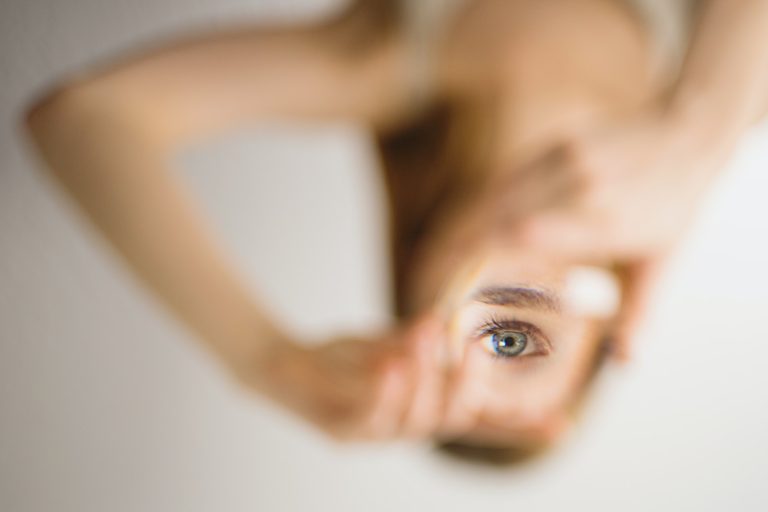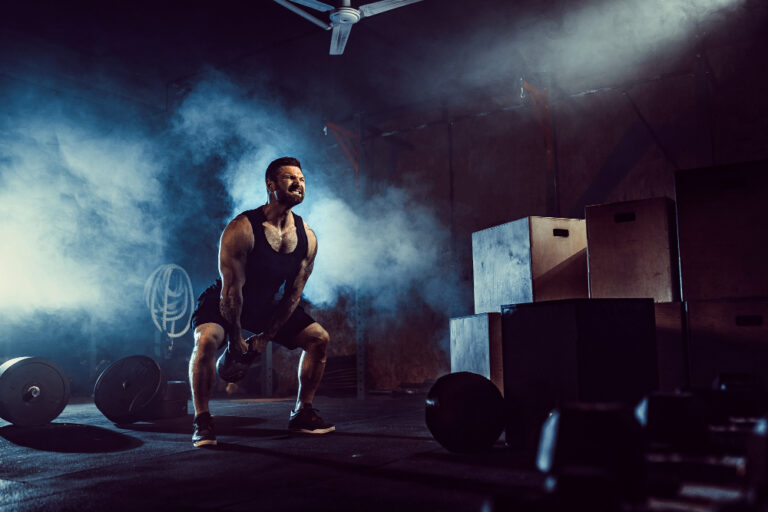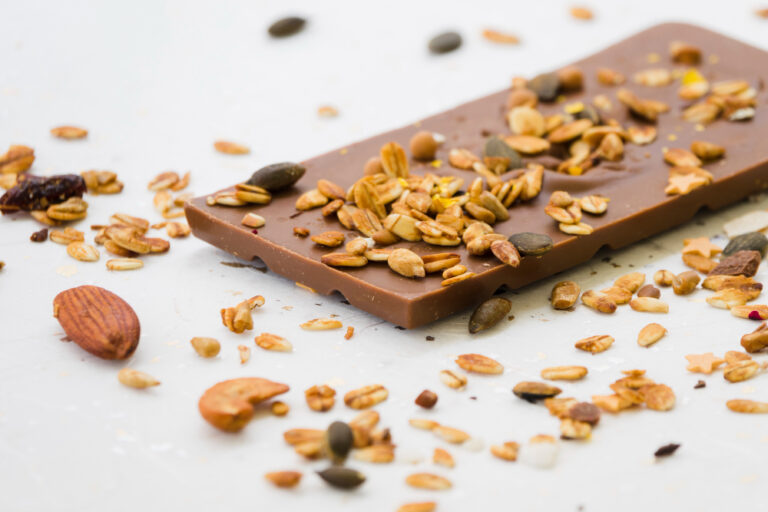How Long Should You Wait to Work Out After Eating: Finding the Perfect Timing for Maximum Performance
Introduction
We all know the importance of staying active and maintaining a healthy lifestyle. But what about the timing of our workouts in relation to our meals? The age-old question arises: How long should you wait to work out after eating? Finding the right balance between nourishing your body and engaging in physical activity can greatly impact your fitness goals. In this comprehensive guide, we’ll delve into the science behind post-meal workouts, explore the factors that influence the ideal waiting period, and provide actionable insights to help you make informed decisions.

How Long Should You Wait to Work Out After Eating?
Finding the optimal time to work out after eating requires understanding the digestive process. Your body directs a significant amount of blood to your stomach during digestion, which can lead to discomfort and reduced energy levels if you engage in intense exercise too soon. As a general rule of thumb, aim to wait 1 to 2 hours after a larger meal before hitting the gym. This allows your body to focus on digestion and helps prevent potential discomfort during your workout.

Factors Influencing the Waiting Period
Several factors play a role in determining the waiting period before working out after a meal:
1. Meal Size and Composition
The size and composition of your meal are crucial. A heavier meal, rich in fats and proteins, requires more time for digestion compared to a lighter, carbohydrate-focused meal. The complexity of nutrients affects how long your body needs to process the food.
2. Intensity of Exercise
The intensity of your workout matters. For light to moderate exercises like walking or yoga, you can shorten the waiting period to around 30 minutes. However, for high-intensity training, it’s best to wait longer to avoid discomfort or cramping.
3. Individual Metabolism
Metabolism varies from person to person. Some individuals might digest food more quickly, allowing them to exercise sooner after eating. Listen to your body and observe how it responds to different waiting periods.
4. Hydration
Staying hydrated is essential for both digestion and exercise performance. Drinking water during your waiting period can aid in digestion and ensure you’re adequately hydrated for your workout.
5. Specific Health Conditions
Certain health conditions can influence your waiting time. Individuals with gastrointestinal issues or acid reflux might need to wait longer to prevent discomfort. Consulting a healthcare professional is advisable if you have concerns.
FAQs About Post-Meal Workouts
Can I Exercise Immediately After Eating?
Exercising immediately after a meal is not recommended. Your body needs time to start the digestion process and redirect blood flow from your stomach to your muscles.
Is It Better to Work Out Before Eating?
Exercising on an empty stomach has its benefits, but it might not provide enough energy for intense workouts. A light snack before exercise can provide a boost without causing discomfort.
How Does the Digestive Process Affect Exercise?
Digestion requires energy and blood flow. Engaging in vigorous exercise while your body is focusing on digestion can lead to cramps, nausea, and reduced performance.
What Should I Eat Before a Workout?
Opt for easily digestible carbohydrates and a moderate amount of protein before a workout. Bananas, whole-grain toast, or yogurt are great options.
Can I Drink Coffee Before Exercising?
Moderate coffee consumption before a workout can enhance performance. Caffeine can increase alertness and help burn fat. However, avoid excessive caffeine intake.
Is It Okay to Work Out After a Small Snack?
If you’ve had a small snack, waiting 15 to 30 minutes before light exercise is generally acceptable. Just ensure the snack is easily digestible.
Expert Tips for an Effective Post-Meal Workout
- Choose Wisely: Opt for nutrient-rich meals that provide sustained energy without causing discomfort during exercise.
- Stay Hydrated: Drink water throughout the waiting period to aid digestion and keep your body hydrated.
- Listen to Your Body: Pay attention to how your body responds to different waiting times and adjust accordingly.
- Warm Up: Start your workout with a light warm-up to ease your body into the exercise routine.
- Avoid Intense Workouts: Save high-intensity training for after your body has had ample time to digest.
Conclusion
Balancing exercise and meal timing is essential for achieving your fitness goals while maintaining your overall well-being. As you embark on your fitness journey, remember that there’s no one-size-fits-all answer to how long you should wait to work out after eating. Take into account your meal composition, exercise intensity, and individual metabolism. By making informed decisions and listening to your body, you can find the perfect timing that allows you to perform at your best while staying comfortable.







